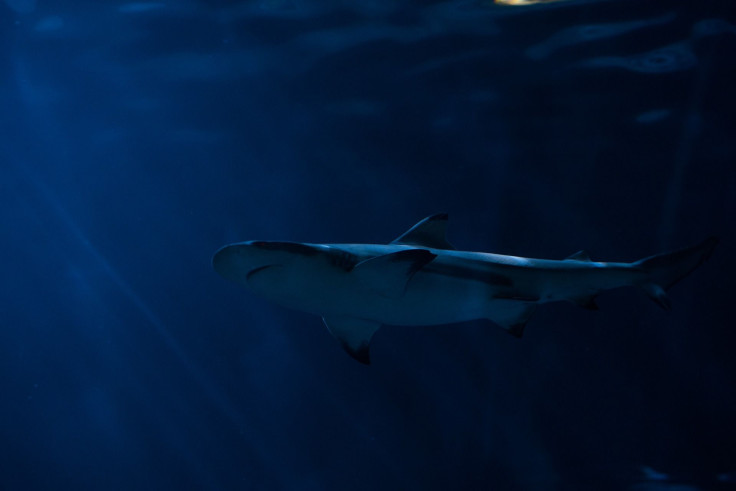7-Foot Shark Found With A Plastic Ring That Almost Sliced Its Neck
7-Foot Shark Found With A Plastic Ring That Almost Sliced Its Neck
A team of marine scientists led by Dr. James Sulikowski from the University of New England, hoping to tag a porbeagie shark, were shocked when they reeled in a 7-foot shark with a strip of plastic stuck around its neck off the coast of Maine.
Sulikowski said the plastic was wrapped around the shark’s gills and was cutting through its skin and into creature’s muscules. “We do not know for sure where the plastic came from, but it appears to be similar to that found around commercial fish bait boxes,” he said. Sulikowski and his team were able to remove the plastic.
They believe the shark would have died if the plastic hadn’t been removed. Sulikowski believes the plastic must have been wrapped around her neck for years and had dug into its muscles as the shark grew.
Seeing the shark’s injury and its fortitude, the research team named her Destiny. “Because she is definitely a survivor,” they wrote on Facebook. The team set the shark free after they collected samples and attached a satellite tag to her dorsal fin to track her recovery.

Sulikowski said porbeagle sharks are listed as vulnerable to the risk of global extinction by the International Union for Conservation of Nature. It is also been listed as an endangered species in Canada. “Due to the state of their population, we are collaborating with National Oceanic and Atmospheric Administration fisheries to provide updated information on the biology, ecology and movement patterns of the shark,” he explained. “Its hoped this work will provide information to help better manage and conserve this species,” Sulikowski said.
© Copyright IBTimes 2025. All rights reserved.





















